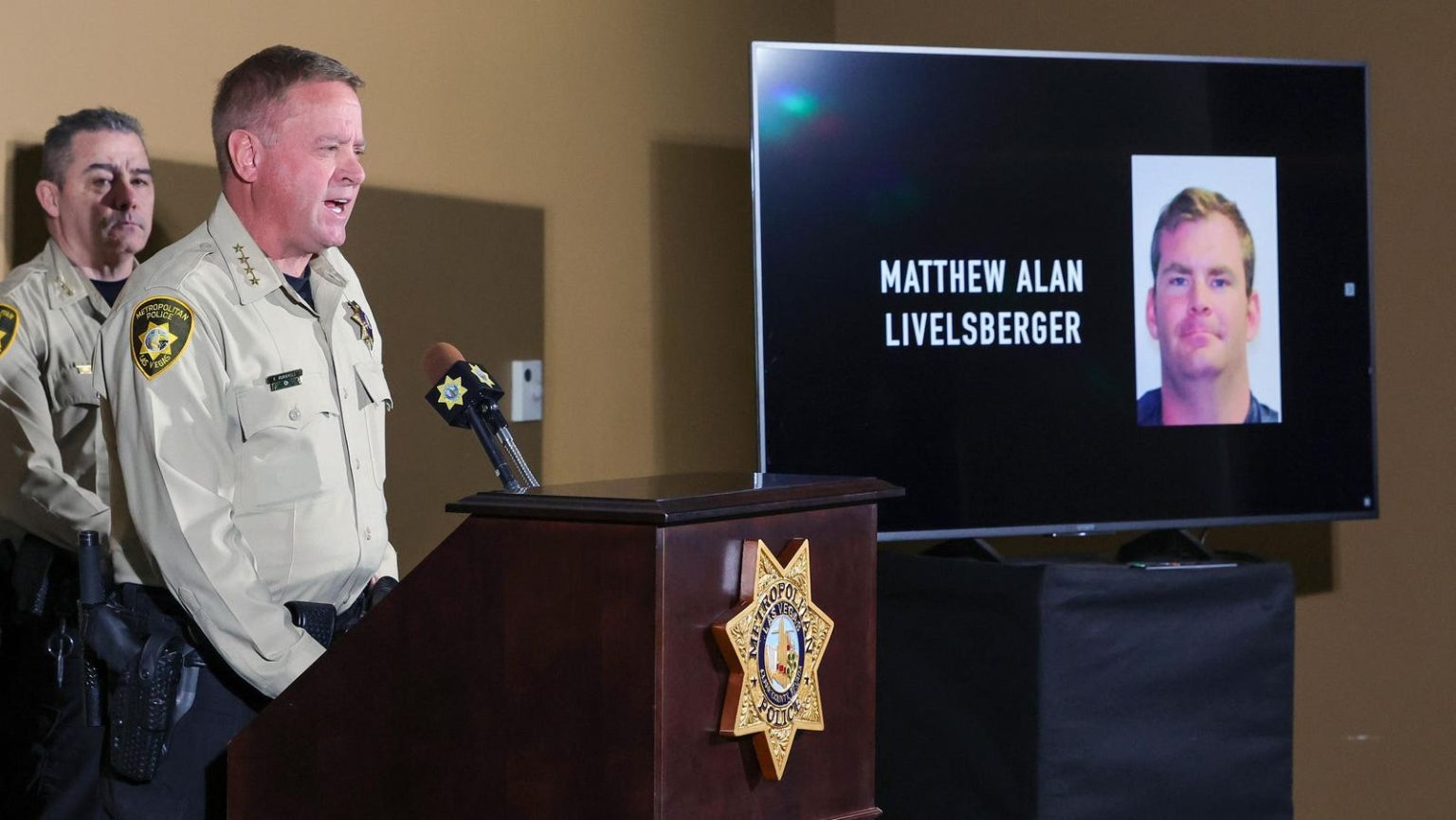Las Vegas Cybertruck Explosion: A Soldier’s Suicide and a Nation’s Questions
A New Year’s Day tragedy unfolded in Las Vegas when a Tesla Cybertruck exploded outside the Trump International Hotel, claiming the life of the driver and injuring seven others. Initial fears of a terrorist attack were heightened by the timing, occurring on the same day as a separate vehicular attack in New Orleans with apparent ISIS connections. However, the Las Vegas incident took a somber turn as investigations revealed a story of personal struggle, culminating in a suicide. The driver, identified as 37-year-old Matthew Livelsberger, an active-duty Green Beret, died from a self-inflicted gunshot wound before the explosion.
The aftermath of the blast revealed a complex picture. Livelsberger’s phone contained notes describing his despair, the loss of fellow soldiers, and the burden of lives taken during his military service. While explicitly stating the act was not terrorism, he expressed a desire to deliver a "wake-up call" to a nation he perceived as desensitized to suffering. The explosion, with its inherent spectacle and violence, tragically mirrored his stated intention. Found within the Cybertruck were multiple forms of identification, including a passport and military ID, confirming Livelsberger’s identity. Also discovered were a pistol, a semi-automatic rifle (both legally purchased), aerial shells, firework mortars, fuel canisters, and fuel enhancers, painting a picture of premeditation.
Livelsberger’s military background adds another layer of complexity. A decorated Green Beret, he served two tours in Afghanistan and was awarded five Bronze Stars, one with valor, a combat infantry badge, and an Army Commendation Medal with valor. This distinguished service record stands in stark contrast to the tragic circumstances of his death. Investigators are exploring the possibility of post-traumatic stress disorder (PTSD) contributing to Livelsberger’s actions. Accounts from his ex-girlfriend, Alicia Arritt, reveal a change in his behavior following a traumatic brain injury sustained during deployment. Increased isolation and depressive symptoms were reportedly left untreated due to the perceived stigma surrounding mental health within special forces units.
The investigation also uncovered a curious connection between Livelsberger and Shamsud-Din Jabbar, the perpetrator of the New Orleans attack. Both men served at Fort Bragg and were deployed to Afghanistan during the same period in the 2000s. While investigators are working to determine if they were stationed in the same province, the FBI has found no definitive link between the two incidents. Both individuals rented their vehicles through Turo, a peer-to-peer car-sharing app. Turo confirmed neither individual had any prior criminal record that would have raised security concerns.
The explosion’s location outside the Trump International Hotel initially raised concerns of a potential political motive, particularly given the increasingly close relationship between Tesla CEO Elon Musk and then-President-elect Donald Trump. However, Livelsberger’s notes deny any political or terrorist intentions. Further complicating the narrative, a relative of Livelsberger suggested to CNN that the act was not politically motivated, citing Livelsberger’s prior social media posts supporting Trump. A military colleague expressed surprise at the incident, describing Livelsberger as a skilled soldier, proficient in clearing improvised explosive devices, and someone who never exhibited signs of struggle. The colleague also noted that Livelsberger had promising career prospects upon leaving the military.
The incident prompted various responses. A conspiracy theory circulated, suggesting Livelsberger was framed and that the Cybertruck’s Autopilot feature was used to navigate the vehicle to the hotel. Elon Musk debunked this theory, stating that Autopilot requires an attentive person in the driver’s seat to function. Musk confirmed the explosion was likely caused by explosives in the truck bed, suggesting the Cybertruck’s design contained the blast and directed it upwards, mitigating potential damage to the hotel. While initially suggesting the incident might be an act of terrorism, Musk later deferred to law enforcement’s findings.
The investigation into the Las Vegas Cybertruck explosion continues. The FBI has conducted searches in Colorado Springs, where Livelsberger resided with his wife and daughter. A second phone found in the Cybertruck remains inaccessible to investigators. The precise nature of the explosives and the method of detonation are still under investigation. While the suicide of Matthew Livelsberger appears to be the central factor, the complexity of the incident, combined with lingering questions about his motivations and the coincidental timing with the New Orleans attack, leaves a lingering sense of unease and a need for further understanding. The tragedy serves as a stark reminder of the invisible wounds of war and the importance of addressing mental health within the military and beyond.


